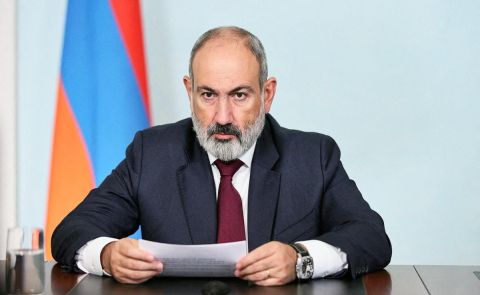
Armenia Seeks Full Normalization with Türkiye, Pushes for Peace
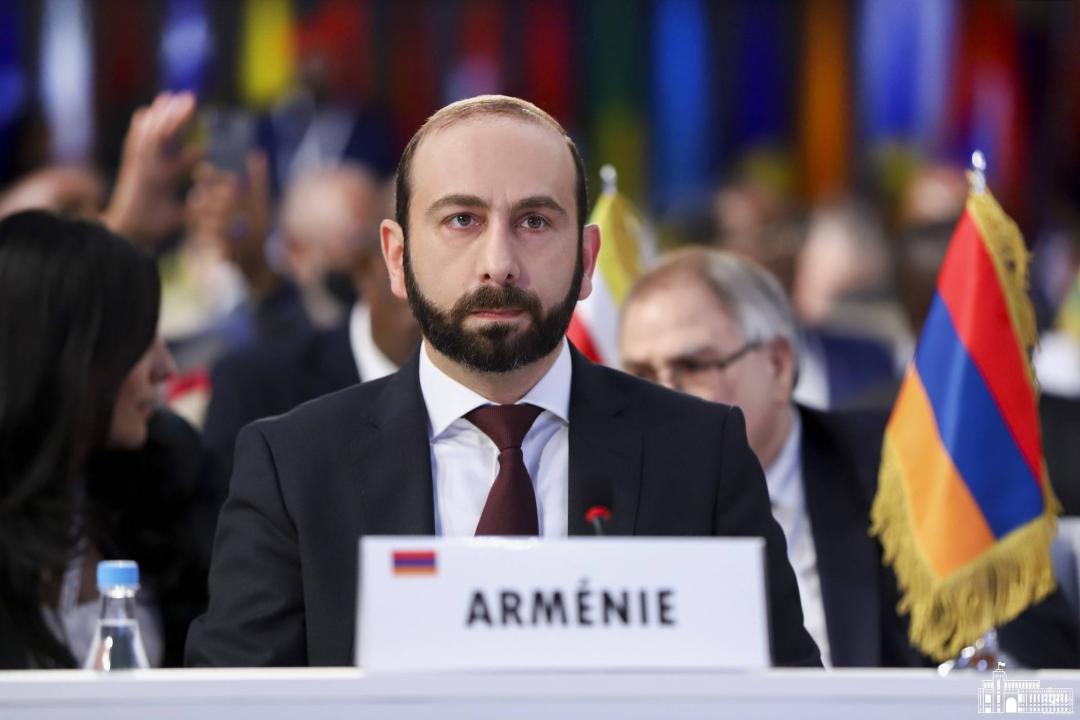
During the Antalya Diplomacy Forum (ADF2025), Armenian Foreign Minister Ararat Mirzoyan provided extensive remarks to Turkish and international media, outlining Armenia’s stance on the peace process with Azerbaijan and normalization efforts with Türkiye.
In an interview with Habertürk, Mirzoyan described his meeting with Turkish FM Hakan Fidan as productive, touching on bilateral steps already taken such as the joint evaluation of the Margara-Alijan border checkpoint, the Gyumri-Kars railway, and the restoration project of the medieval Ani Bridge. He acknowledged progress but noted that the 2022 agreement to open the land border to third-country nationals and diplomatic passport holders remains unfulfilled.
“The goal is full normalization,” Mirzoyan stated, emphasizing not just diplomatic ties and open borders, but also prospects for trade, joint energy initiatives, and cooperation in international forums. “Sometimes our views on regional issues are closer than one might assume,” he said.
On the peace agreement with Azerbaijan, Mirzoyan called it “a historic achievement.” He confirmed the text is finalized and ready for signing. “We immediately proposed consultations to determine a venue and date. Unfortunately, Azerbaijan insists on additional steps before signing,” he said, referencing Baku’s demands for the dissolution of the OSCE Minsk Group and constitutional changes in Armenia.
Mirzoyan affirmed Armenia’s readiness to jointly dissolve the Minsk Group but insisted this should be done in parallel with the signing of the peace treaty, not as a precondition. “The institutionalized end to the conflict is the peace treaty,” he stressed.
Regarding Azerbaijan’s concerns over Armenia’s constitution, Mirzoyan clarified that only quoted excerpts from Armenia’s Act of Independence are constitutionally valid and that the draft peace agreement, which recognizes each country's territorial integrity based on Soviet-era borders, addresses this concern. He explained that upon signing, Armenia’s Constitutional Court would review the agreement for compliance. “There is a solid basis to assume it will be found constitutional,” he said, citing a similar ruling in 2024 involving the Alma-Ata Declaration.
Ararat Mirzoyan also noted concerns about Azerbaijan’s own constitution, which references territorial claims through its succession from the first Azerbaijani Republic. “We have concerns too, but we do not raise them constantly because the peace agreement itself resolves these issues.”
When asked by Reuters whether Armenia would consider amending its constitution as demanded by Azerbaijan, Mirzoyan clarified that constitutional reform has been part of Armenia’s agenda since the 2018 revolution. “We plan a new constitution by 2026, but linking it directly to the peace process is unhelpful,” he said.
In closing, he reiterated: “You can either wait until all questions are answered before acting, or you can start now and build step by step. We choose the latter.”
Armenia, he affirmed, remains committed to peace and normalization. “We are very constructive and flexible,” Mirzoyan said.
Armenian FM emphasized that Türkiye could play a positive and constructive role in the normalization of Armenia-Azerbaijan ties and noted that normalization with Türkiye itself could significantly boost regional peace efforts. He confirmed that this was part of his recent discussions with Turkish Foreign Minister Hakan Fidan but said the Turkish position remains cautious, preferring to see full progress on the Armenian-Azerbaijani front first.
“My personal view is that normalization with Türkiye would actually encourage peace between Armenia and Azerbaijan,” he said.
Asked whether a trilateral summit between Armenia, Azerbaijan, and Türkiye is planned, Mirzoyan replied, “There is no such agreement yet, but discussions are ongoing. Hopefully, we will have a happy ending to this story.”
In response to whether a change of government in Armenia after the 2026 elections could derail the peace process, Mirzoyan underscored that Armenian PM Nikol Pashinyan’s peace agenda still enjoys public and parliamentary support. However, he cautioned that if no tangible results are delivered soon, public opinion may shift.
“We cannot build peace alone,” he noted. “Even those who support the peace agenda may begin to question it if they see no concrete progress.”
See Also

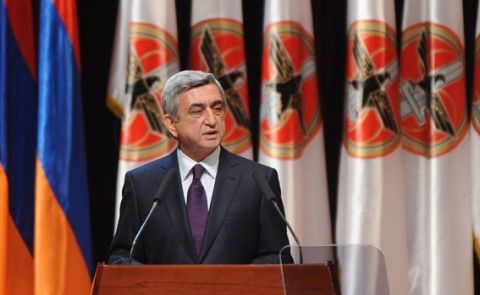
Anti-Corruption Court Reignites Case Against Armenia’s Ex-President
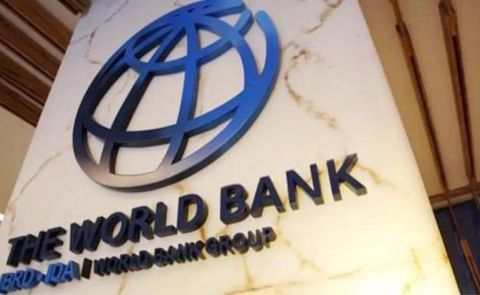
Armenia Launches Major Tourism Upgrade with World Bank Support
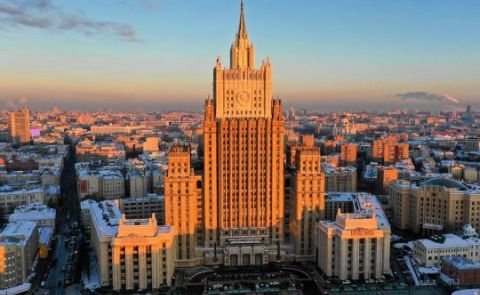
Russia Ready to Restore Ties with Georgia, Criticizes France and EU’s Actions in South Caucasus

Rossotrudnichestvo Hopes Russian House Issue in Baku Will Be Resolved at Presidential Level

